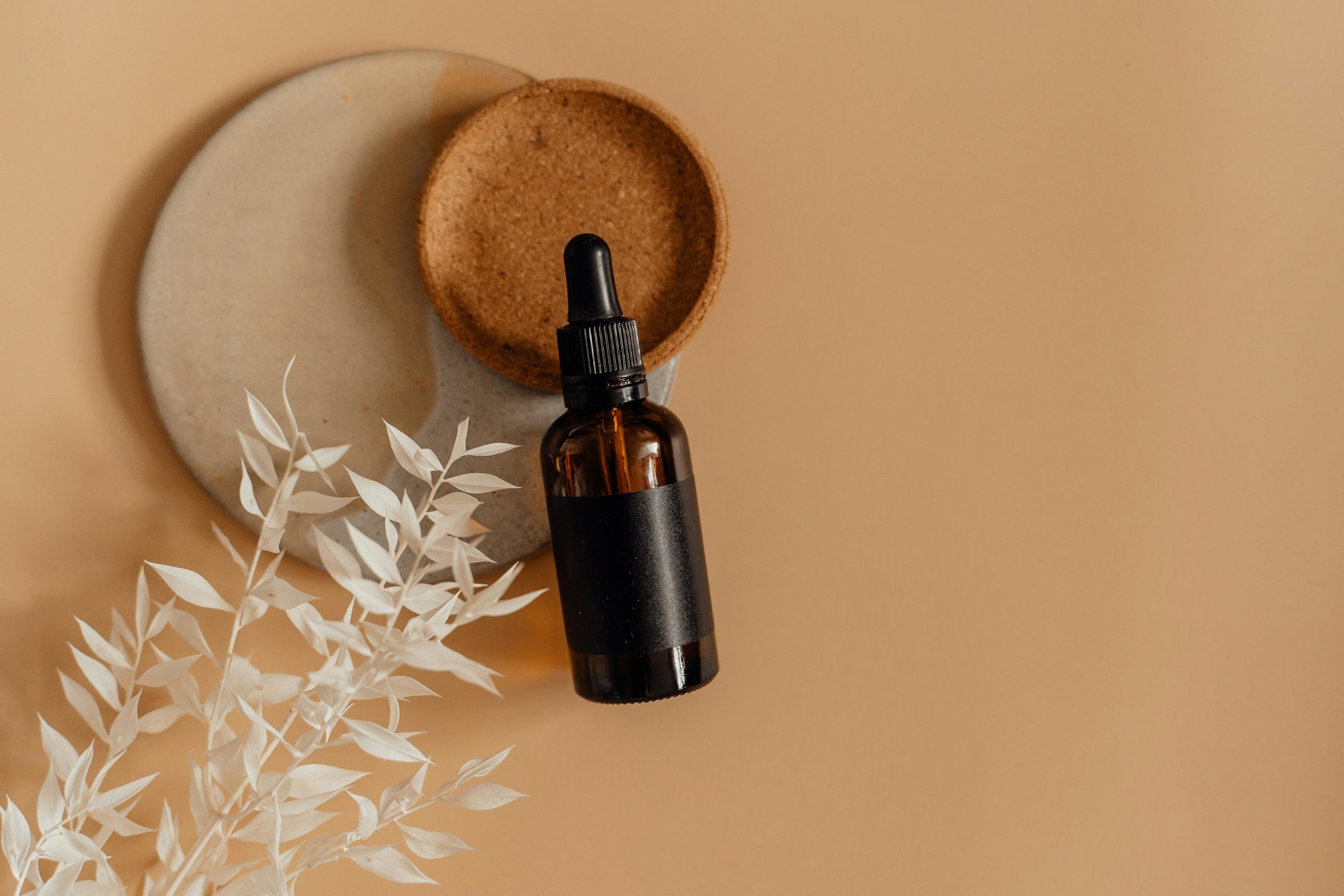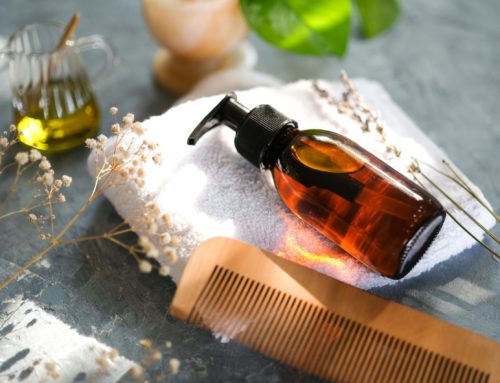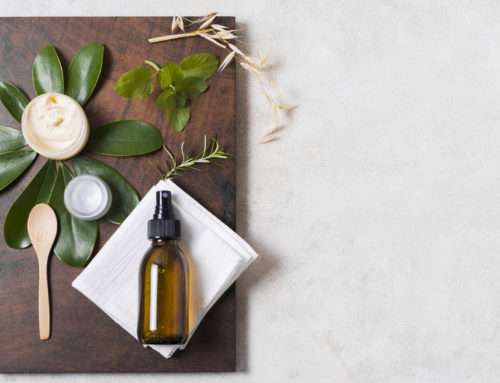- What is a white label cosmetic? And a private label one?
- Main differences and similarities between the two types of cosmetics.
- What are the controls like for private label cosmetics? And for white label?
- Consumer perspective: variations between quality perception and exclusivity.
The cosmetics sector is one of the most acclaimed, particularly by the female audience, aimed at beautifying, caring for, and protecting our skin. Many consumers want to improve their physical appearance, and not just that, but also to delay the signs of aging, which can be achieved through cosmetics.
The functions fulfilled by cosmetic products are numerous, besides achieving great benefits for our skin. So, why not opt for them when they are most needed? However, few people really know the true value of the cosmetics they are purchasing. Terms like ‘white label’ or ‘private label’ are often unknown to the majority of users.
Therefore, it’s best to explain in this article the meaning of white label and private label cosmetics, their main differences and similarities, as well as the quality controls applied in each case. In this way, consumers will be more aware of the type of cosmetics they are acquiring.
Indeed, cosmetics help us improve our appearance, but they are also a great ally in caring for the health of our skin, and thereby, ensuring our well-being.
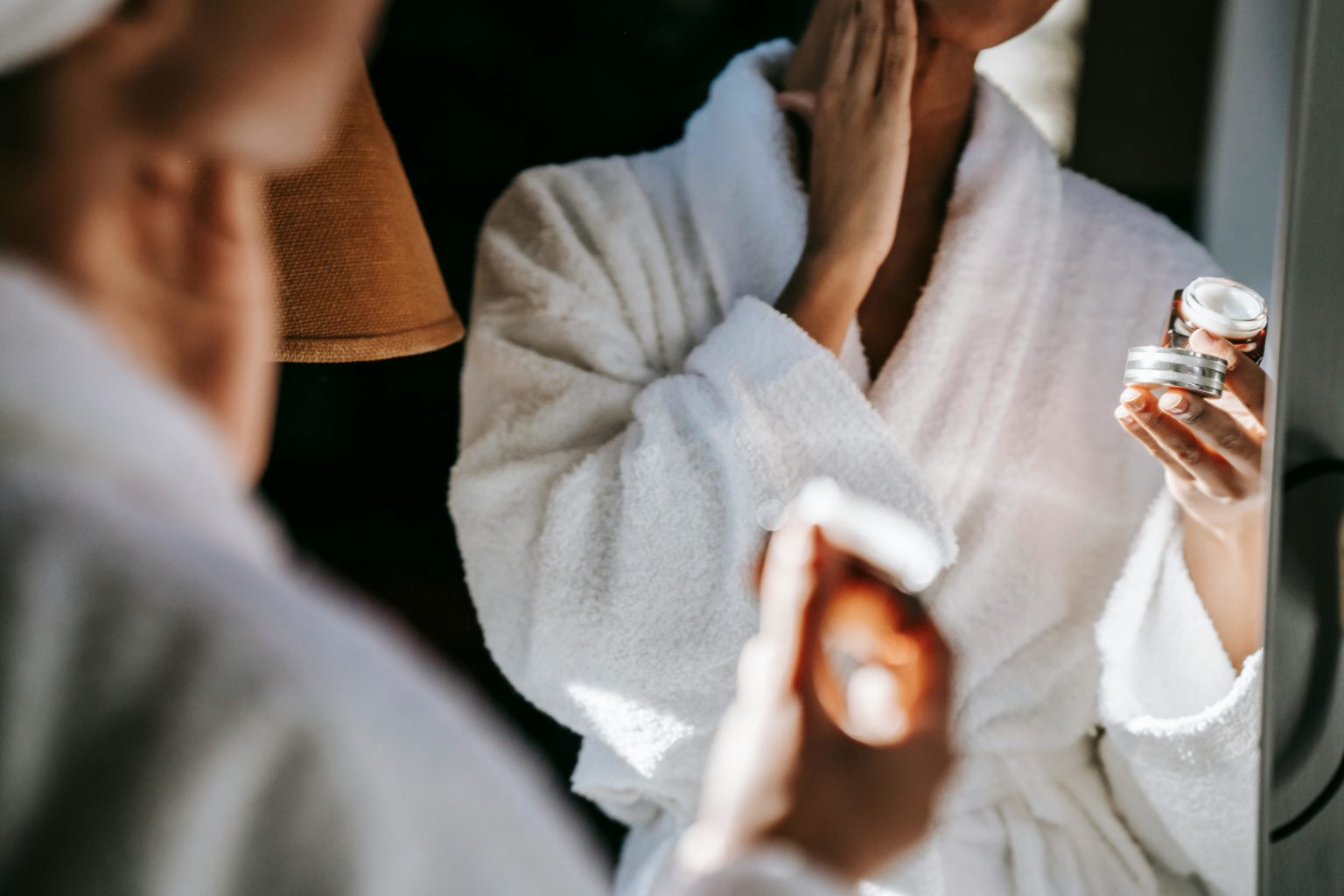
1. What is a White Label Cosmetic? And a Private Label One?
First, let’s define both concepts:
- A white label cosmetic is one that has been produced by an external manufacturer and is sold under a retailer’s brand or distributor.
- A private label cosmetic means that a manufacturer produces cosmetics exclusively for a particular brand.
On one hand, in white label cosmetics, the manufacturer does not have a visible presence on the final product, while the retailer’s brand appears on the packaging and is advertised at the point of sale. On the other hand, in private label cosmetics, the manufacturer is the one who produces the cosmetic products for a specific brand.
One of the advantages of white label cosmetics is that manufacturers have large production lines of these same formulations, thus their minimum order quantities (MOQs) are lower.
2. Main Differences and Similarities Between the Two Types of Cosmetics
Private label and white label cosmetics, in addition to having different production processes, also have other distinctive traits concerning quality controls and the development of each product.
In the production of private label cosmetics, the retailer has control over various aspects of the products, such as formulation, packaging, and marketing. This is because the working relationship between manufacturer and brand is much closer, as it aims to meet the needs and preferences of the consumers above all.
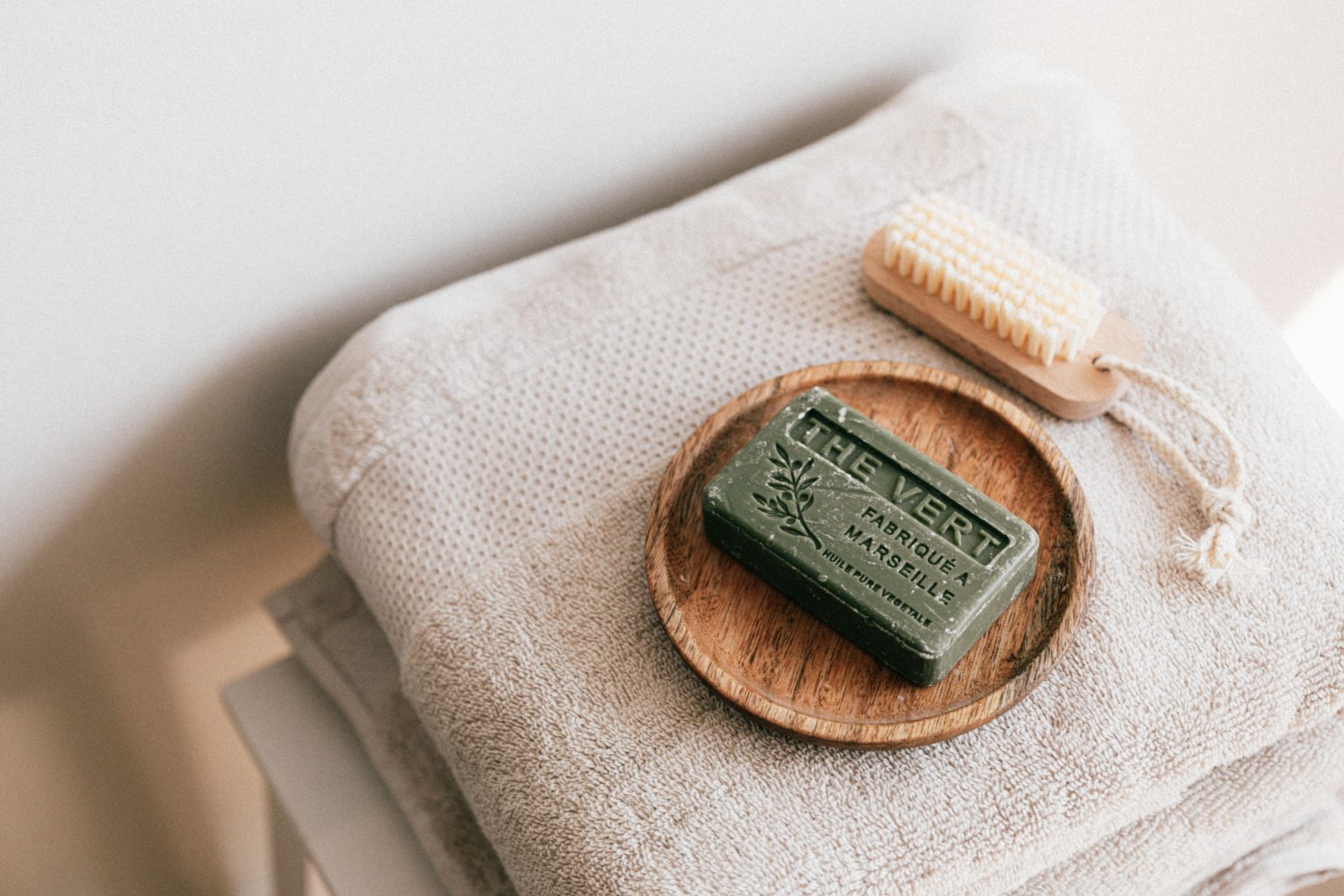
Whereas in the production of white label products, the manufacturer has more freedom to choose the quality and characteristics of each cosmetic. However, this particularity can result in lower consumer satisfaction towards the product and lesser brand differentiation. Another major difference lies in the perception that customers have of these two types of cosmetic products:
- Private label products are often associated with greater exclusivity and quality, as the retailer can set stricter standards for manufacturing and marketing their products.
- White label products may be perceived as more generic or of lower quality because they are available to a wide variety of retailers and do not have a brand identity that differentiates them.
However, it should be noted that in terms of pricing, both private label and white label cosmetics are generally more affordable than high-end products. This occurs because production costs are lower, as the investment in marketing and research is usually less. Thus, it is ultimately up to the consumer to decide which cosmetic product to opt for, whether white label or private label.
3. What Are the Controls Like for Private Label Cosmetics? And for White Label?
To ensure that these cosmetic products are fit for sale and subsequent consumption, they must undergo strict quality and safety controls. This inspection is carried out to ensure that people can apply them with total safety, without causing any allergic reactions or adverse effects on their bodies.
The quality controls that private label and white label products undergo are subject to regulations and safety standards set by competent authorities; it is noteworthy that each country establishes a series of norms that these cosmetics must meet, and if not complied with, their withdrawal from the market would occur.
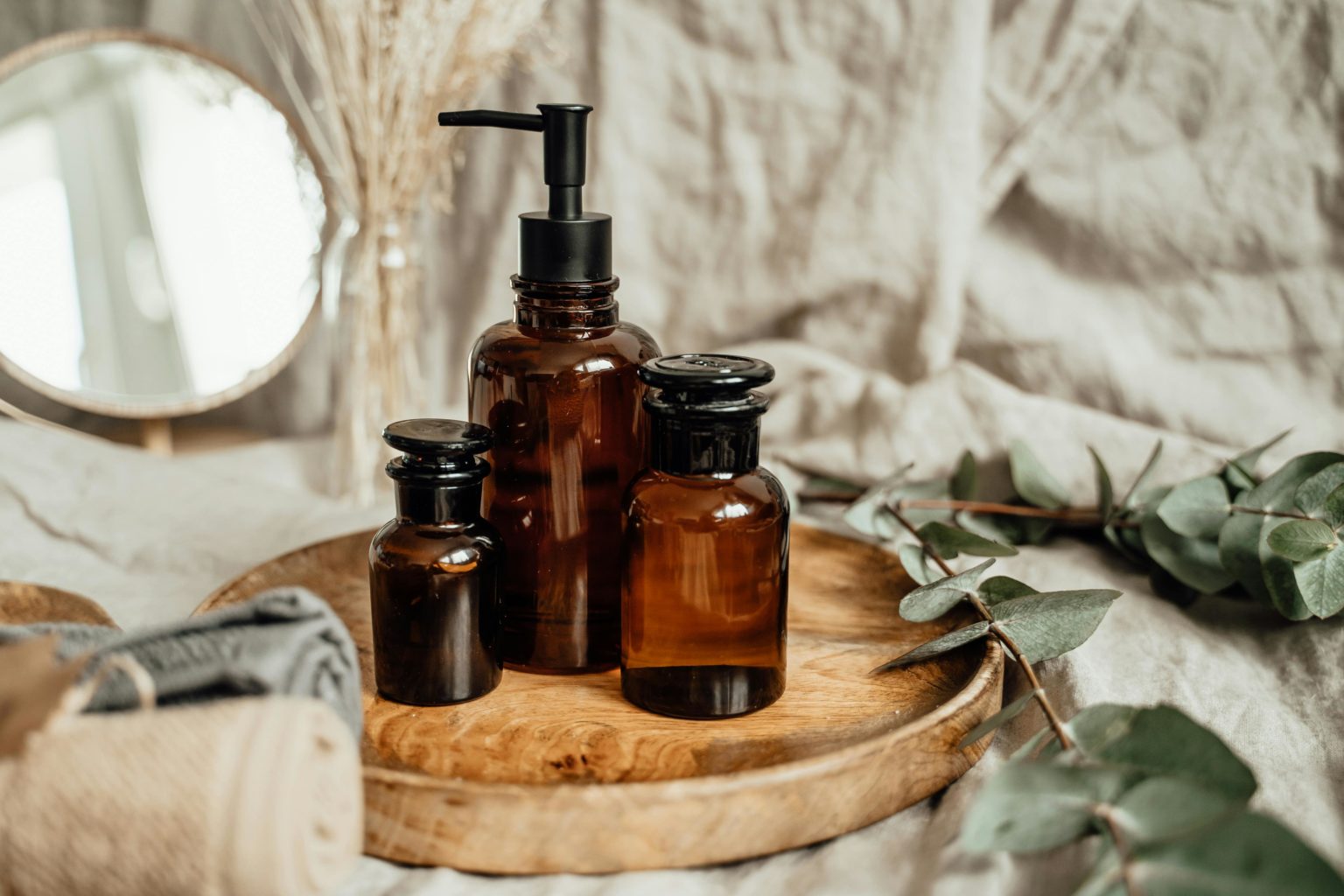
4. Consumer Perspective: Variations Between Quality Perception and Exclusivity
In all sectors and industries, including the beauty sector, the consumer plays a fundamental role in the product development and marketing process. It could be said that the customer is the main axis around which the criteria for launching a product into the market are established. For example, in marketing and advertising, the consumer is the focal point when considering sales strategies, product features, advertising elements, and much more, all of which will affect the sales process of the cosmetic product.
Furthermore, consumer perception plays a key role in choosing between private label cosmetics and white label cosmetics. While some consumers tend to prefer private label due to its association with greater exclusivity and quality, others opt for white label due to its value for money and wide availability.
However, consumer perception tends to vary depending on the market and product category. There are many cases where white label cosmetics are perceived as being of quality compared to their private label counterparts, as in some instances, renowned manufacturers also produce under their own brand. Although both white label and private label cosmetics offer safe alternatives to recognized brands, each has its own characteristics and advantages.
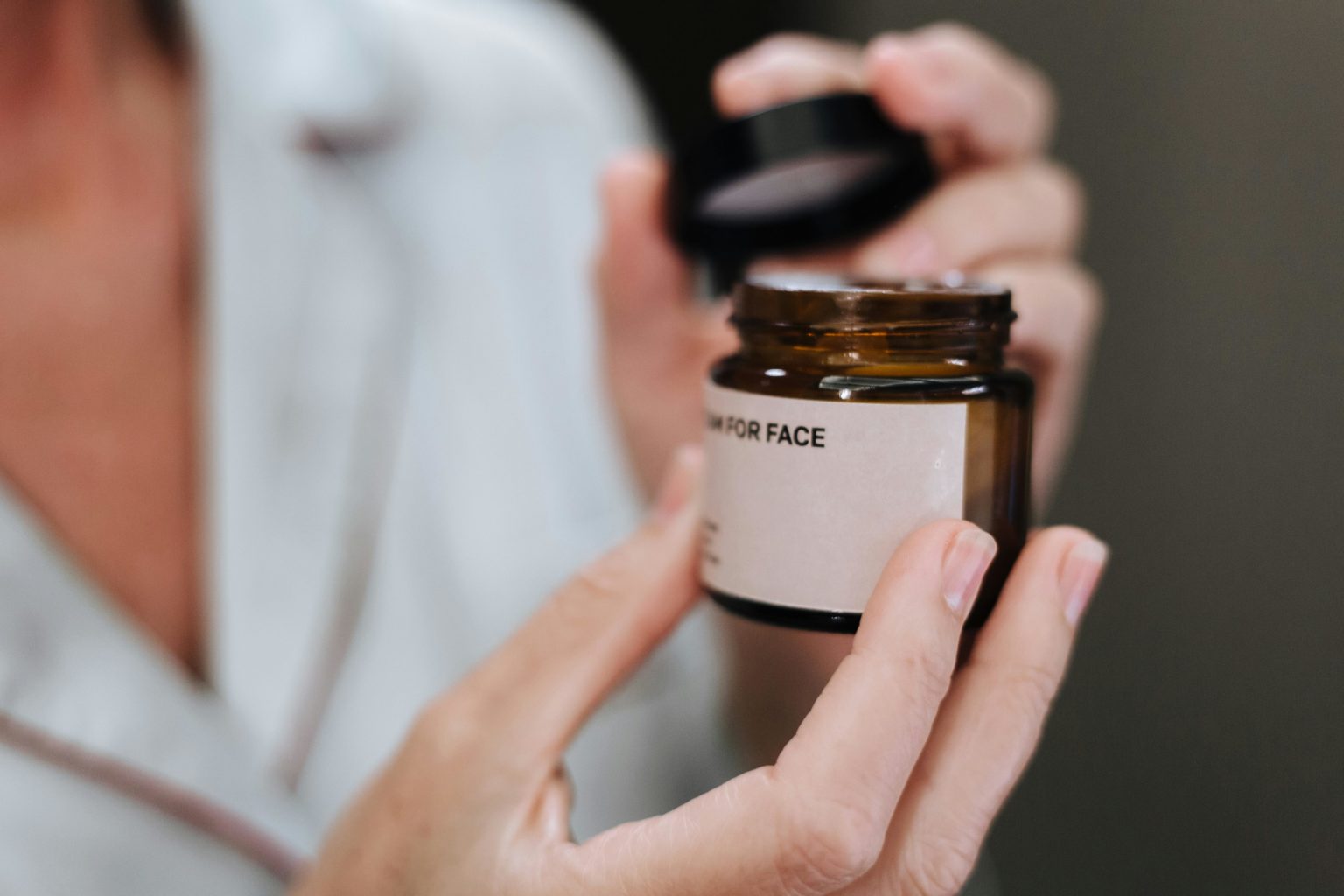
Ultimately, the choice of each consumer will depend on their individual preferences regarding quality, price, and perception of exclusivity. It is worth noting that both options play a relevant role in the cosmetics industry, providing consumers with a greater diversity of options to meet their personal care needs and preferences.
If you’re considering entering the cosmetics sector with your own private label line, don’t hesitate to contact our MS Lab laboratory for assistance and guidance throughout the process. We manufacture cosmetic products for third parties and have over 15 years of experience helping brands and entrepreneurs bring their projects to life.
Contact us! We’ll be delighted to work with you!

